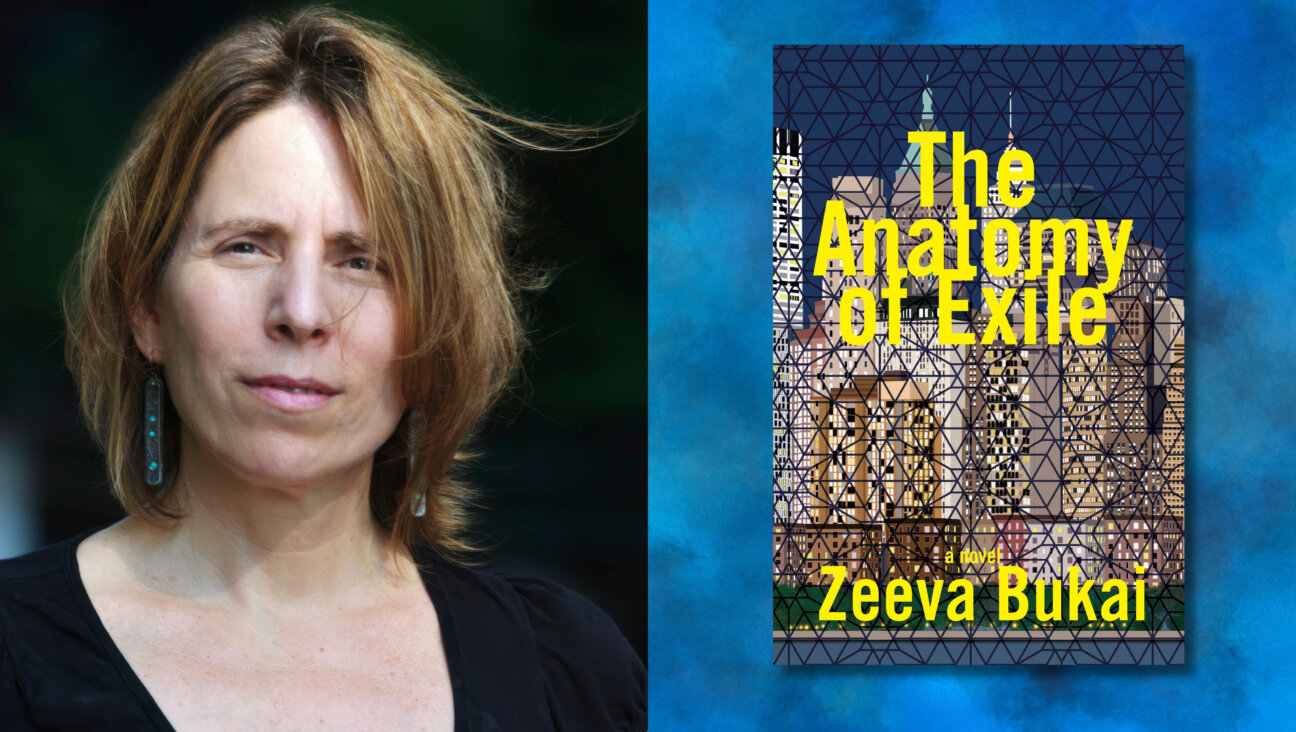Author Blog: Passover for Non-Bolivians

Aviva Kanoff is the author of “The No-Potato Passover” Her blog posts are being featured on The Arty Semite courtesy of the Jewish Book Council and My Jewish Learning’s Author Blog Series. For more information on the series, please visit:

By now, most people have heard of quinoa, the superfood. With plenty of fiber, protein and vitamins it sounds like a super idea. The problem arises when the time comes to actually prepare this somewhat unfamiliar item and poses a special problem during the upcoming holiday of Passover. Jewish people tend to favor foods from their particular part of the Diaspora during these eight days. And really, how many Jews are actually from Bolivia? But never fear, we Jews are a glorious melting pot! We may have been kicked out of many places but we wind up taking the menus with us.
Quin-what?
I have recently traveled around the country to do cooking demonstrations in response to my new book, “The No-Potato Passover,” and I have found that people have a fear and mistrust of this simple Bolivian staple.
But what exactly is quinoa?
Is it a grain? A seed? A vegetable? Help!
Quinoa (pronounced “keen-whah”) is often mistaken for a grain, but it’s actually a seed — one that originated thousands of years ago in the Andes Mountains. Dubbed “the gold of the Incas,” it’s treasured because of it’s nutritive value. Quinoa actually has more protein than any other grain or seed and offers a complete protein, meaning it contains all the essential amino acids our bodies can’t make on their own. It’s also a great source of calcium and is high in lysine, the B vitamins and iron. To top it off, the seed is easy to digest and gluten free! If you are counting carbs or just want to eat healthier quinoa is your new best friend.
Why has this tiny seed brought forth such huge confusion?
For starters, misinformation, or don’t believe the bag!! Typically, the label will state to boil for 15 minutes. In my experience, quinoa is not ready for consumption before 20- 25 minutes of cooking time. Only when the seed “pops” and it is soft, is it ready to be eaten.
But it doesn’t taste like anything.
Aha! thats where you come in. The wonder of quinoa is that you can make it taste like anything you want. Think of the biblical mana that fell from heaven.
Do you like savory flavors? Reach for the pepper and garlic. Middle Eastern more your style? How about cumin and safron? Use different colored vegetables and tangy fruit to add more texture and “zing” and soon you too will be singing the praises of quinoa. It will supply the wonderful canvas to bring out your inner culinary artist.
Mixed Berry Quinoa with Roasted Almonds
Ingredients:
• 1 cup red quinoa
• 1 cup slivered almonds
• 1 cup white quinoa
• 5-6 medium mushrooms, chopped
• 1 cup golden raisins
• 1 Vidalia onion, diced
• 1 cup Craisins
• 2 tbsp. canola oil
• salt and pepper to taste
Directions:
- Cook quinoa according to package.
- In a separate skillet, sauté onions in canola oil until golden brown.
- Add chopped mushrooms and sauté for one minute.
- Add raisins, craisins and almonds, and sauté for another minute.
- When quinoa is ready, add to pan and mix with other ingredients.
- Add salt and pepper to taste.
Recipe from “The No-Potato Passover” (Brio Books; 2012 Hardcover $29.95).
Aviva Kanoff paints, teaches a mixed media art class, and dabbles in photography. Her creative approach to life led her to artistic experimentation with food, and after years of creating her own recipes and working as a personal chef, she wrote “The No-Potato Passover”
The Jewish Book Council is a not-for-profit organization devoted to the reading, writing and publishing of Jewish literature. For more Jewish literary blog posts, reviews of Jewish books and book club resources, and to learn about awards and conferences, please visit www.jewishbookcouncil.org.
MyJewishLearning.com is the leading transdenominational website of Jewish information and education. Visit My Jewish Learning for thousands of articles on Judaism, Jewish holidays, Jewish history and more.
A message from our Publisher & CEO Rachel Fishman Feddersen

I hope you appreciated this article. Before you go, I’d like to ask you to please support the Forward’s award-winning, nonprofit journalism so that we can be prepared for whatever news 2025 brings.
At a time when other newsrooms are closing or cutting back, the Forward has removed its paywall and invested additional resources to report on the ground from Israel and around the U.S. on the impact of the war, rising antisemitism and polarized discourse.
Readers like you make it all possible. Support our work by becoming a Forward Member and connect with our journalism and your community.
— Rachel Fishman Feddersen, Publisher and CEO























